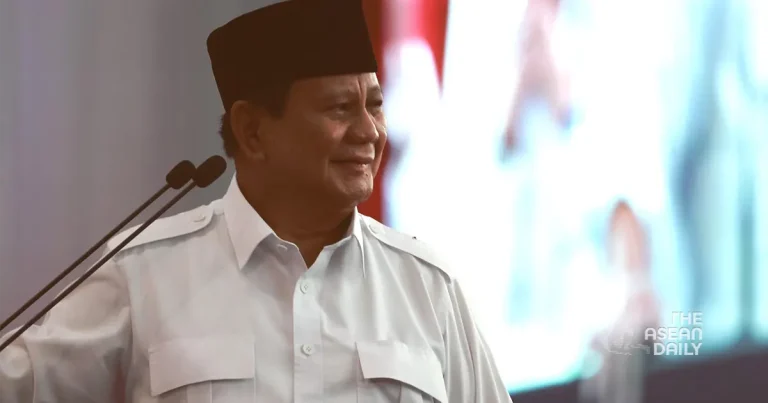23-12-2024 (JAKARTA) Indonesia has unveiled plans to offer pardons to corruption convicts and suspects who voluntarily return misappropriated state assets. The controversial initiative, announced by President Prabowo Subianto, marks what officials call a pragmatic pivot in the nation’s fight against graft.
Chief Legal Affairs Minister Yusril Ihza Mahendra, speaking to reporters in Jakarta, outlined the government’s rationale: “Our primary focus is ensuring these funds benefit the Indonesian people. Mere incarceration, without asset recovery, serves limited public interest.”
The scheme, to be implemented via presidential decree, sets a deadline of 1 August 2025 for asset repatriation. Minister Mahendra emphasised that the constitutional powers vested in the president provide legal grounds for such pardons.
This initiative forms part of a broader amnesty programme targeting Indonesia’s overcrowded prison system, potentially affecting 40,000 inmates. Corruption cases represent a modest portion of potential beneficiaries, though exact figures remain undisclosed.
President Subianto, speaking at Cairo’s Al-Azhar University, extended an olive branch to offenders: “We offer a chance for redemption. Those who have misappropriated public funds may secure forgiveness through restitution.”
The policy shift comes amid Indonesia’s declining performance in anti-corruption metrics. The nation recorded its lowest score in a decade on Transparency International’s 2023 Corruption Perceptions Index, ranking 115th globally with 34 points—significantly behind regional neighbours Singapore (5th) and Malaysia (57th).
However, the proposal has met with substantial criticism from legal experts and anti-corruption advocates. Former Chief Justice Mahfud MD raised concerns about accountability: “Without robust verification mechanisms, we cannot ensure full asset recovery. Transparency remains paramount.”
Dr Zaenur Rohman, from Gadjah Mada University’s Centre for Anticorruption Studies, noted the plan’s potential conflict with existing legislation: “The Anticorruption Law explicitly states that asset return does not nullify criminal liability.”
Critics suggest alternative approaches, including deferred prosecution agreements, which would maintain legal oversight while facilitating asset recovery.
- President Subianto, who assumed office in October, has pledged to combat corruption through various means, including increased remuneration for public officials.




